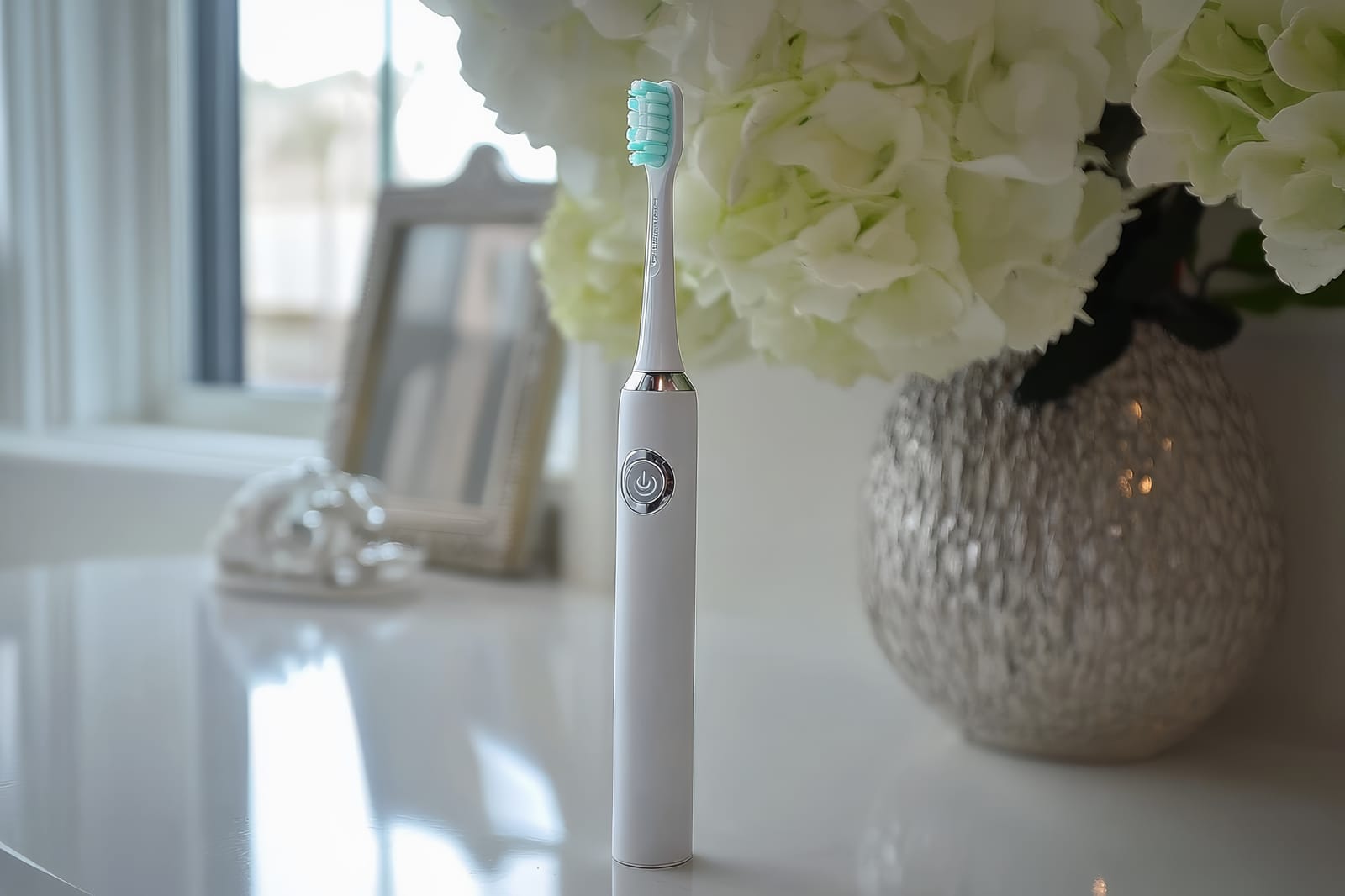When Will Bleeding After a Tooth Extraction Stop?

Bleeding is a normal symptom after a tooth extraction, but if it continues for too long then it may become more of a concern. It is helpful to understand how long bleeding should continue after tooth extraction and what to do if bleeding continues beyond what is considered normal during recovery.
What to expect after a tooth extraction
Tooth extractions are never pleasant, but the recovery process can be more tolerable by knowing what to expect and taking the proper steps to minimize symptoms. The following is an overview of what to expect after a tooth extraction, particularly as it relates to bleeding and how to control the bleeding.
Bleeding should continue for up to 24 hours
It is normal for bleeding to exist for up to 24 hours after the tooth extraction. However, the bleeding should be minimal and tolerable, and excessive bleeding that causes a major distraction or that causes major discomfort that is not tolerable is a concern. Nevertheless, minor bleeding in the area where the extraction took place is nothing to worry about as long as it is within the first day after the extraction took place.
Visit a dentist for bleeding that lasts beyond two days
If bleeding persists for more than 24 hours, then monitoring the bleeding for another day may be enough. However, if the bleeding gets worse after 24 hours, then scheduling a dental visit is likely necessary. Any minor bleeding that continues for more than two days requires a dental visit to ensure there are no concerns that need additional dental service. If there is ever a concern with the amount or length time of the bleeding, consult with a dentist.
Additional tips for tooth extraction aftercare
The dentist may provide gauze to allow the clot to form properly after an extraction. Be sure to leave the gauze in for several hours, and then continually change the gauze to keep the affected area as clean as possible. Additionally, avoid any actions that may irritate the area, such as brushing the area, consistently rinsing the mouth or touching the area.
To control the pain, take pain medications as recommended by the dentist and use a cold compress several times a day. Patients should also avoid tobacco and alcohol use during recovery and try to get as much rest as possible for the first 24 to 48 hours. Additionally, it is strongly encouraged to eat a diet of soft foods that contain little to no sugar until the mouth has made a full recovery following the extraction.
Reach out today
Recovering from a tooth extraction is relatively simple. However, if there is persistent bleeding after 24 hours, it is necessary to see the dentist for an evaluation. Bleeding could indicate a serious problem that should not be ignored. Nonetheless, it is important to remain calm and collected until getting to the dentist. To learn more or to ask questions, reach out today!
Request an appointment here: https://www.stgeorgedentalcare.com or call St. George Dental Care at (435) 628-9099 for an appointment in our St George office.
Check out what others are saying about our services on Yelp: Read our Yelp reviews.
Recent Posts
Having a sensitive sense of smell can be both a blessing and a curse, as nothing disrupts personal comfort more than an unpleasant odor emanating from your mouth. A common concern for dental patients is the distinct and often embarrassing "rotten tooth smell." Understanding its causes, implications, and the appropriate remedies is crucial for maintaining…
Brushing your teeth is essential for maintaining a healthy, beautiful smile, and using an electric toothbrush takes oral hygiene to the next level. At St. George Dental Care, located in St. George, UT, we're passionate about helping our patients maintain optimal oral health through modern dental practices and expert advice. Electric toothbrushes are revolutionizing dental…
When it comes to maintaining your dental health, understanding the professionals who provide care can make all the difference in your experience. The terms "dentist surgeon" and "dentist" are often used, but many people don't fully grasp the distinctions between them. Are their education, scope of practice, and services they provide the same? Which should…
Does the thought of sitting in a dentist's chair make your palms sweaty? You're not alone. Dental anxiety is something millions of people experience, but we at St. George Dental Care believe visiting the dentist doesn't have to be nerve-wracking. That's why our focus goes beyond just cleanings and checkups—we strive to make you feel…


